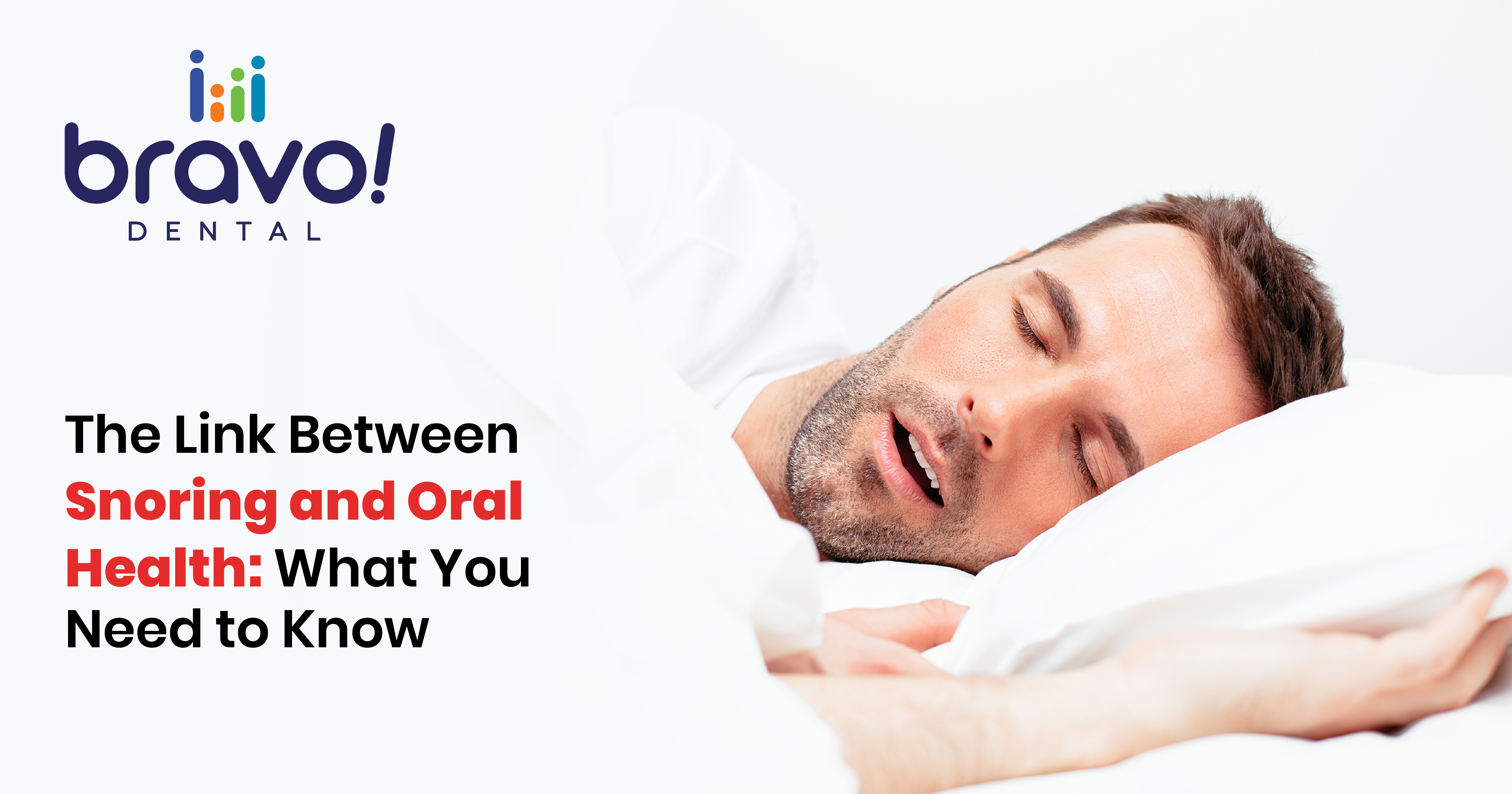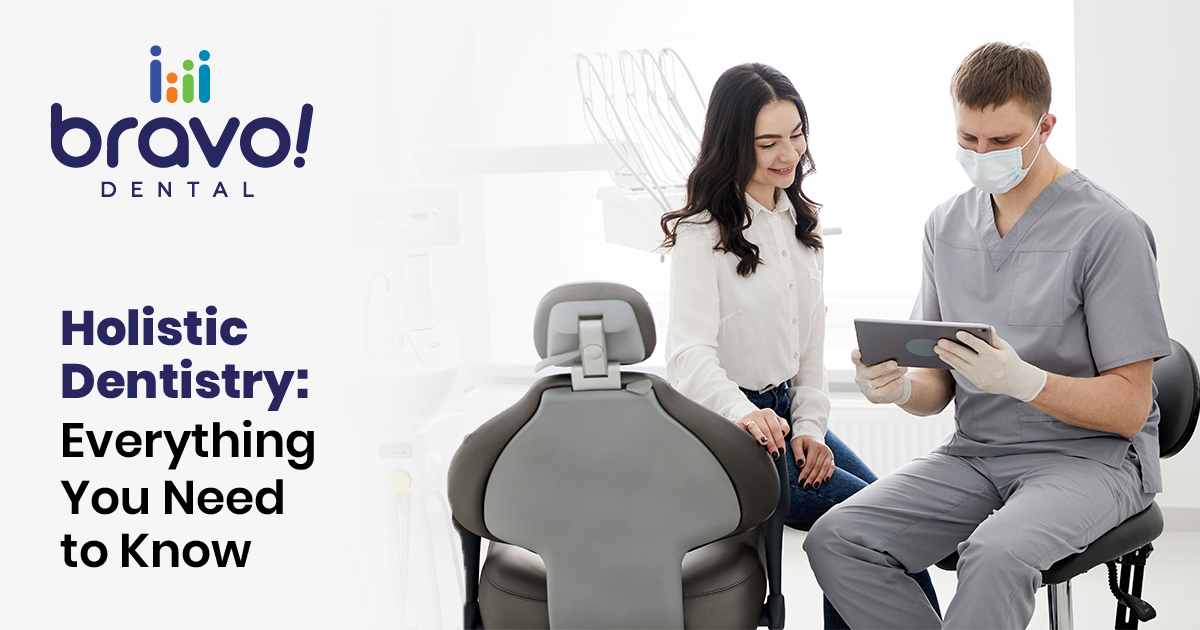
Thumb sucking is a normal reflex that many children develop shortly after birth. While it provides comfort and security and is another way for young toddlers to relax and fall asleep, thumb-sucking might contribute to teeth problems in the future.
Thumb sucking does not always result in tooth or oral damage though. For example, passive holding the thumb in the mouth is unlikely to cause harm. Active thumb sucking with a lot of movement, on the other hand, can damage primary (baby) teeth, but this normally corrects itself when permanent teeth emerge. Occasionally, Thumb sucking causes misalignment in children’s permanent teeth, as well as problems with the jaw, the shape of the mouth, and the roof of the mouth. In addition, kids may be easily exposed to dirt, germs, and viruses as a result of thumb sucking.
Dental issues faced due to thumb sucking:
- Child’s upper jaw can be protruded more from their face than it should be
- Overbites: a condition where the top front teeth protrude upward and outward
- Lower front teeth are angled inside their mouth
- Space between upper and lower teeth when biting or chewing
- An inability to bite together with the front teeth
- The roof of the mouth might sink and rise
- The emergence of a lisp
- The tongue would not be in the typical place in the mouth
When should kids quit sucking their thumbs?
Between the ages of two and four, or when the permanent front teeth are ready to sprout, children usually cease sucking. Consult your dentist if you detect changes in your child’s primary teeth or are worried about thumb sucking.
How to encourage your child to give up thumb sucking?
- Praise your youngster for not sucking their thumb
- When children are insecure or need reassurance, they frequently suck their thumbs. Concentrate on resolving the source of your child’s concern, and provide necessary comfort
- If your child is older, let them choose the way of stopping
- Your dentist can reassure your kids and explain what can happen to their teeth if they continue the habit of sucking
- Orthodontic braces can also help your kids overcome thumb sucking
If you’re having problems motivating your kid to make healthy changes by their own, it’s a good idea to seek advice from a dentist. To inhibit thumb sucking, they may offer a bitter drug, thumb-sucking protection, or (in rare situations) a dental device.
When it comes to helping your child, it’s essential to understand what works and what doesn’t when it comes to changing their behavior. Thumb sucking eventually goes away on its own – still, it can occasionally cause oral damage, especially if it continues above the age of four and if the kid sucks aggressively and often.
Seek expert guidance at Bravo Dental, and help your children break the habit!
happy to hear from you, contact us
Fill out the contact form below and Feel free to send any question or query.




